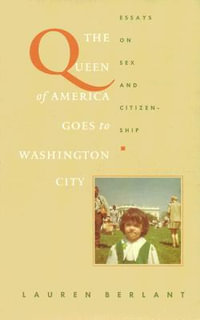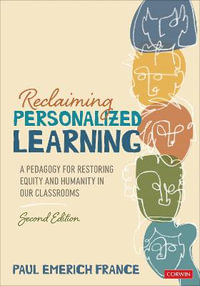James L. Cox’s Restoring the Chain of Memory: T.G.H. Strehlow and the Repatriation of Australian Indigenous Knowledge is a fascinating, painstakingly researched, timely and immensely valuable study of the scholarly achievement of Ted Strehlow in preserving in textual and material form the culture of the Arrernte people of Central Australia. Cox argues for a revaluation of both Strehlow’s career and Arrernte traditions, using Danièle Hervieu-Léger’s concept of the “chain of memory” to demonstrate that the Indigenous rituals, songs and objects that Strehlow preserved have become, in the 40 years since his death, a means for contemporary Arrernte Elders to repatriate their own ancestral knowledge. Restoring the Chain of Memory is an important book for all people interested in Indigenous religions, anthropology of religion, and the history of interactions between early twentieth century scholars and the colonized peoples they lived and worked alongside.
Carole M. Cusack, Professor of Religious Studies Studies in Religion | Arts and Social Sciences, The University of Sydney, Editor, Literature & Aesthetics (journal of the Sydney Society of Literature and Aesthetics) Co-Editor (with Rachelle Scott, University of Tennessee, Knoxville), Fieldwork in Religion
Restoring the Chain of Memory’s focus on Theodor Strehlow and repatriation issues concerning aboriginal Australian artifacts and material remains is fascinating. Cox’s use of “intense empathy” in analyzing Indigenous traditions admits his research within his own theological and theoretical views making his situational transparency a welcome rare position for an academic studying “religion.”
Miguel Angel Astor-Aguilera, Associate Professor and Director of Graduate Studies and Honors Faculty and Zebulon Pearce Distinguished Professor, School of Historical, Philosophical, and Religious Studies, Arizona State University
This highly original book provides a phenomenological account of the life and work of the anthropologist T.G.H. Strehlow on indigenous religions in Australia. Through an application of social memory theory, it also details his contribution to the preservation and restoration of Indigenous knowledge in Central Australia. This will be a core text for the study of religion in Australia and more specifically of Indigenous religions.
Adam Possamai, Professor of Sociology, Western Sydney University
In Restoring the Chain of Memory Professor James Cox guides the reader through T.G.H. Strehlow’s life work of recording Aboriginal songs, ceremonies, stories and traditions, evaluating and interpreting Strehlow’s monumental and pioneering work with refreshing clarity and sensitivity. He provides valuable insights into the enduring value of Strehlow’s legacy for the current academic study of Indigenous religions and for Indigenous communities which are seeking to restore their lost traditions.
David Moore, University of Western Australia
Achieves its aim of illustrating the important role that Strehlow played in academic and indigenous chains of memory, and contributes handsomely to the study of indigenous religions.
Reading Religion
























